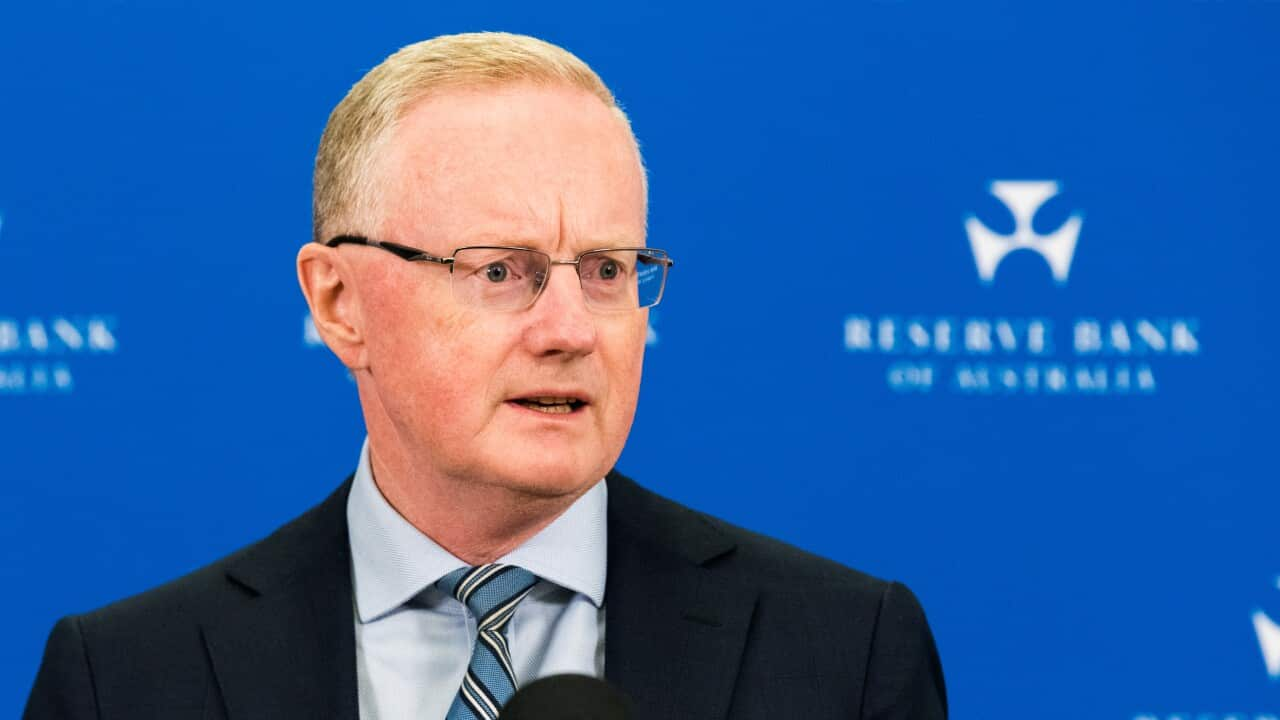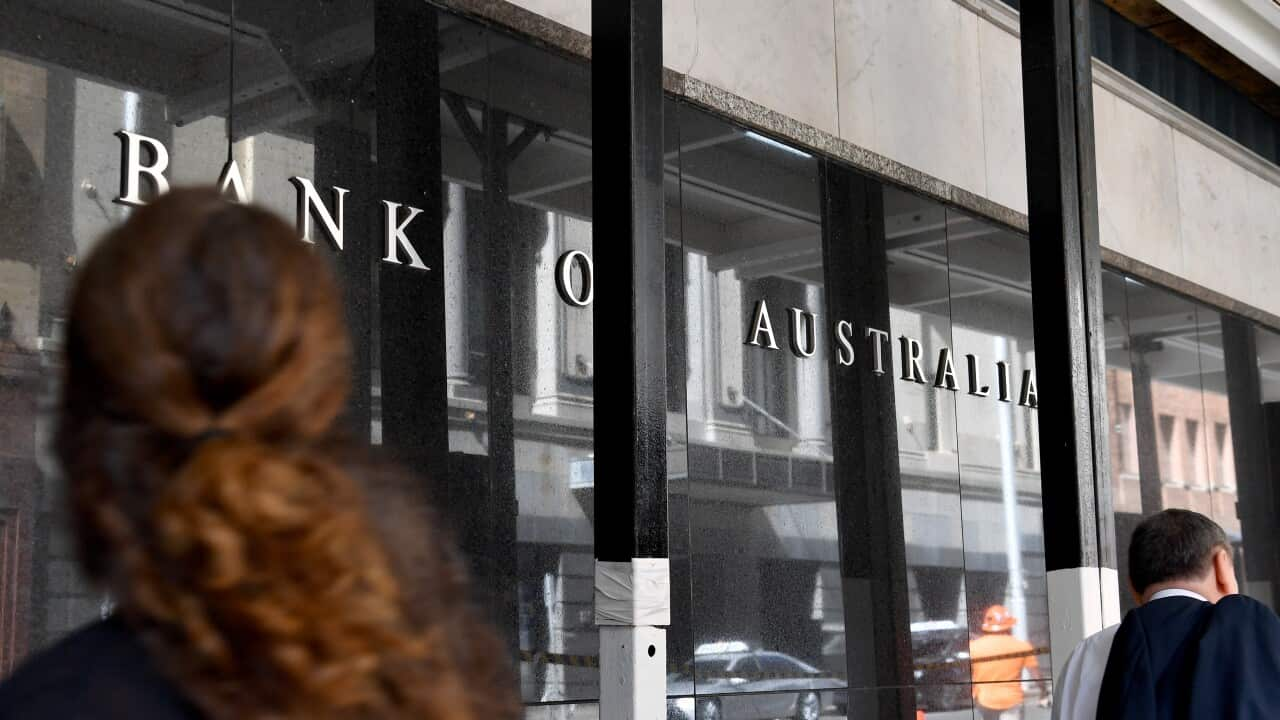The long-awaited independent review of the Reserve Bank has called for a more transparent operation where press conferences are held after every meeting, like the Federal Reserve does in the US, with board members speaking publicly on occasion.
Central to its recommendations is the creation of two separate boards, one responsible for governance and the other to set interest rates.
The suite of reforms recommended by the three reviewers should bolster the central bank's leadership and decision-making and help prevent communication missteps such as when the governor suggested interest rates would stay at record lows until 2024.
"The Reserve Bank board's composition and decision-making processes have not sufficiently enabled it to shape policy decisions, strategy, and the RBA's underlying analysis and judgments," the reviewers wrote.
The Labor government will aim to legislate to create the two boards and shadow treasurer Angus Taylor has signalled his willingness to back sensible reforms.
The treasurer has named two new board members, Iain Ross and Elana Ruben, to replace outgoing members Wendy Craik and Mark Barnaba. Neither sought reappointment.
The new appointees and existing members will be allocated across the two new boards provided the two-board system is legislated and finalised by the middle of 2024.
As well as having fewer meetings to free up time for strategic decision-making, the reviewers recommended creating more opportunities to hear from RBA staff.
Their investigation uncovered a culture of staff members pressured to align with the views of their direct managers and senior leaders, creating a risk of "groupthink" on key issues.
The reviewers were mostly happy with the framework underpinning the bank's monetary policy strategy, including its flexible inflation target of two-to-three per cent, but called for some tweaks, including a clearer explanation of how its two objectives of pricing stability and full employment are interacting.
The review called for the institution's independence to be insulated from the government of the day, which would include abolishing the power of the government to override RBA decisions.
All of those suggestions have the government's in-principle stamp of approval.
Treasurer Jim Chalmers said the review's recommendations and the government's response were about ensuring Australia's top economic institution has the best frameworks, objectives, processes and expertise.
"(The review) found that Australia's monetary policy framework has contributed to good economic outcomes over the past three decades but identified a number of opportunities to strengthen it," he said.
He also said the review was not about taking shots at anyone and acknowledged the "difficult job" of RBA governor Philip Lowe.
Some have called for Dr Lowe's resignation based on the communication errors made during the pandemic, but the treasurer said his reappointment would still be considered later in the year as normal.
Dr Lowe said he would continue in the top job if the treasurer asks him to.
"If I was asked to continue, I would, if I'm not asked to continue I'll find another way to contribute to Australian society," he told reporters on Thursday.
Dr Lowe also said he did not take the review personally as one of nine board members and one of 1500 staff.
"We don't always get it right, but we always try and do the right thing by that by the Australian people," he said.
Dr Lowe welcomed the review and said the RBA would work constructively on the reforms, including adapting the frequency of meetings and the bank's communication approach.
"The board will consider these issues over coming meetings and develop and implement a new set of arrangements," he said.
"As times change, we need to change too. The review will help us do that."
Opposition treasury spokesman Angus Taylor said the coalition planned to be as bipartisan as possible and the direction of the review had been positive.
"Families are feeling the impacts of higher prices and rising interest rates every day," he said.
"Along with strong economic management, a strong Reserve Bank is essential to addressing the inflation that is driving higher prices."
The new legislation will seek to remove the government's right to veto the RBA's decisions, a strengthened mandate for the institution, and pave the way for the two-board structure.











